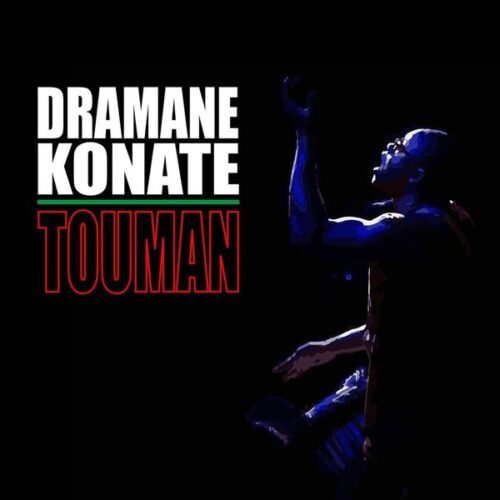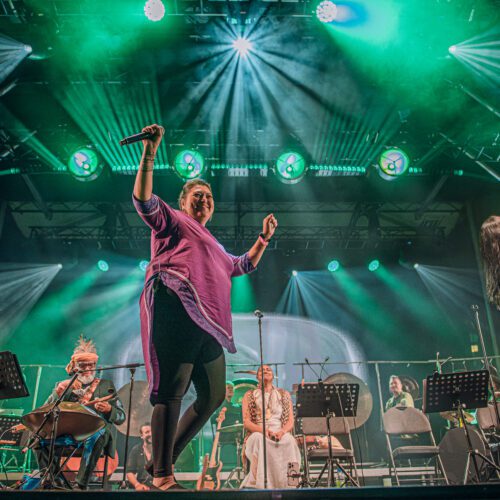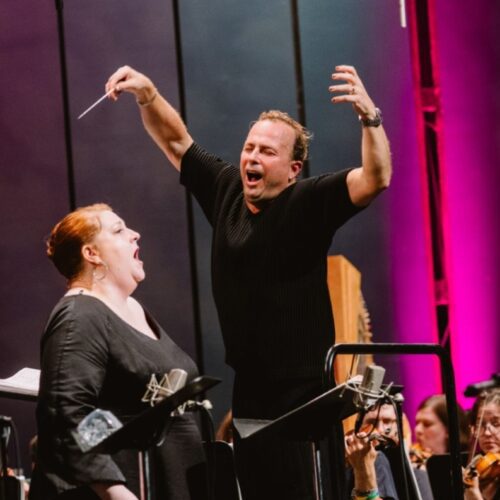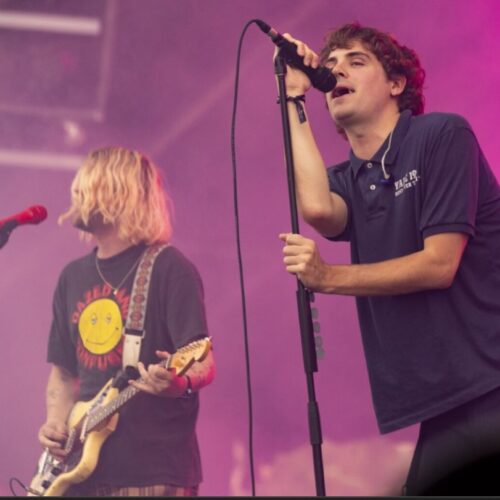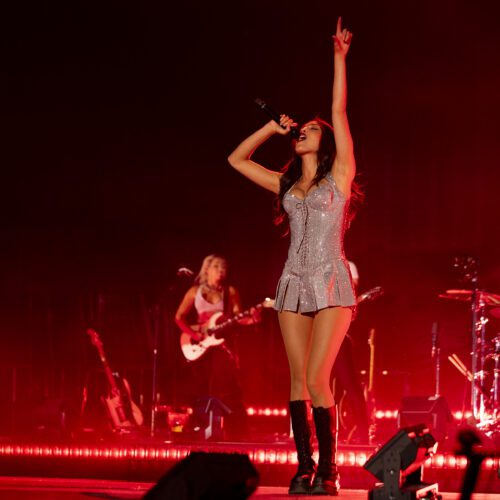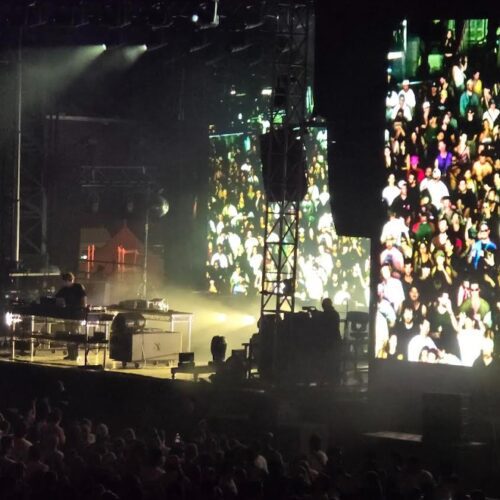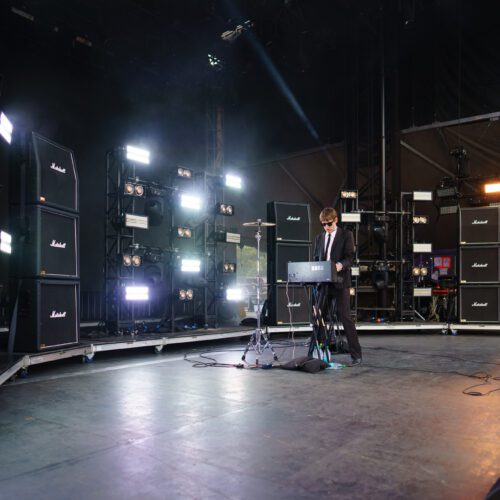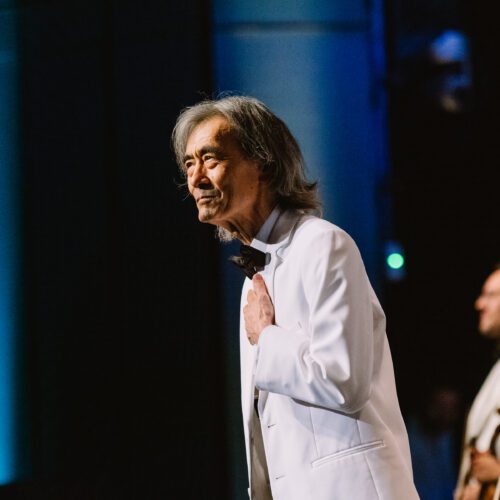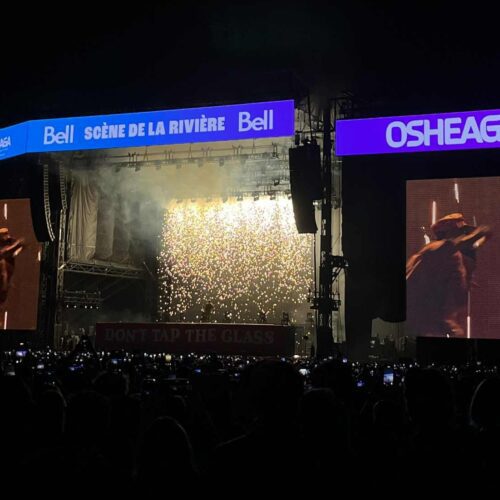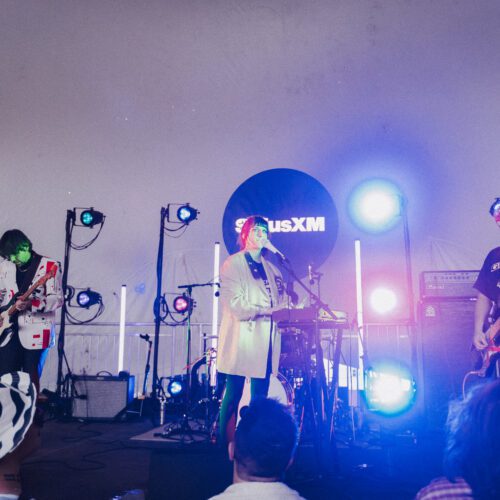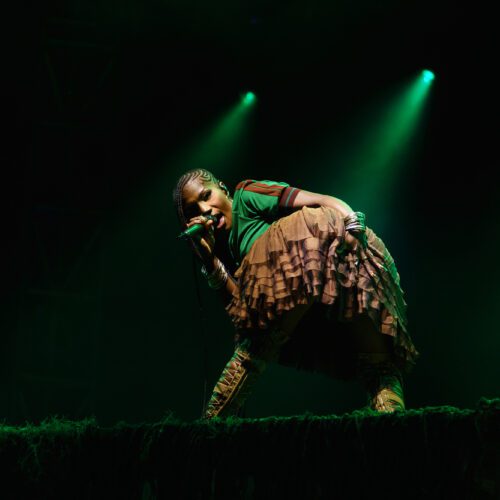Touman is an album in symbiosis with his Mandingo cultural roots, particularly those of Burkina Faso. Konaté is from Burkina Faso, and although he has recently settled in Montreal, Touman, on which he has poured all his in-depth percussion knowledge, is a plunge into the heart of local folk traditions, which he invites us to join him on. With the exception of Seydou Koita’s electric guitar, everything is rigorously acoustic and typical of the region: balafon, n’goni and traditional flute, but above all the twirling percussion (djembe, dundunba, sangban, kenkeni) expertly handled by Konaté and his friends. Rich, insistent polyrhythms, sometimes accompanied by the aforementioned melodic instruments and traditional chants, invite you to an initiation ritual or a community celebration imbued with an aura of symbiotic trance. This is the very place where Konaté’s deep cultural roots lie. A soil that’s still close to his heart, give or take a beat, despite the fact that this great traveller has lived perhaps more often elsewhere than in his cultural nest. The recording is totally in keeping with the spirit of this music: direct, hyper-natural recording, no added reverb, no pop effects. Even though it was recorded in a studio in Burkina Faso, Touman is an album with the technical and musical aesthetic of “Ocora” (a label for world recordings in natural settings). In fact, it’s “contre-Putumayo”. Nothing but the real thing, except perhaps the track Unité africaine, the only foray into the radio-friendly commercial zone.
Read my colleague Varun Swarup’s interview with Dramane Konaté, right here on PAN M 360
